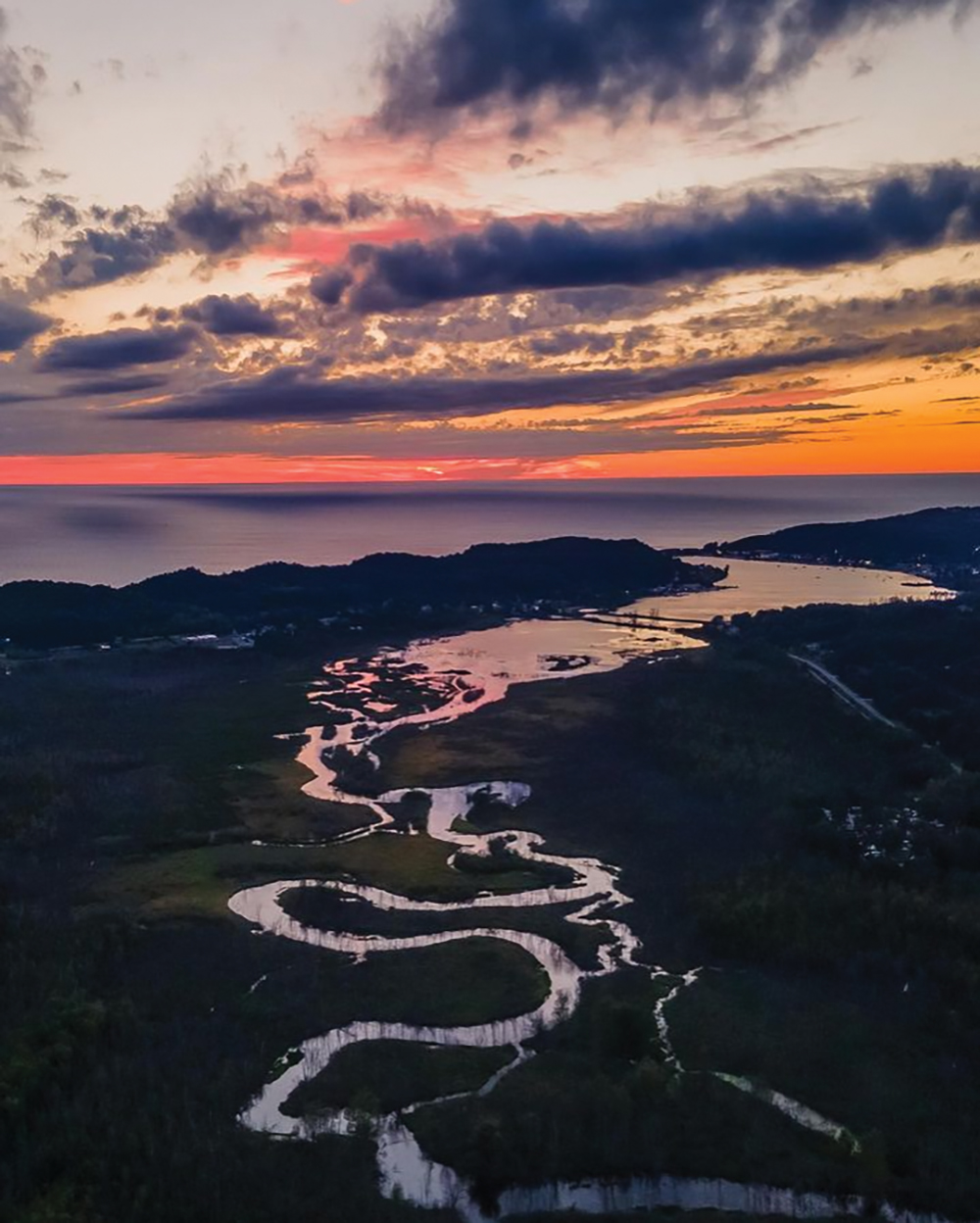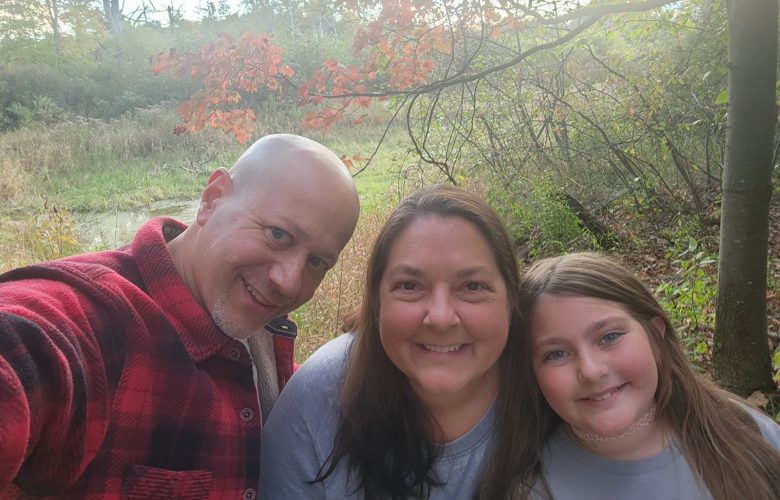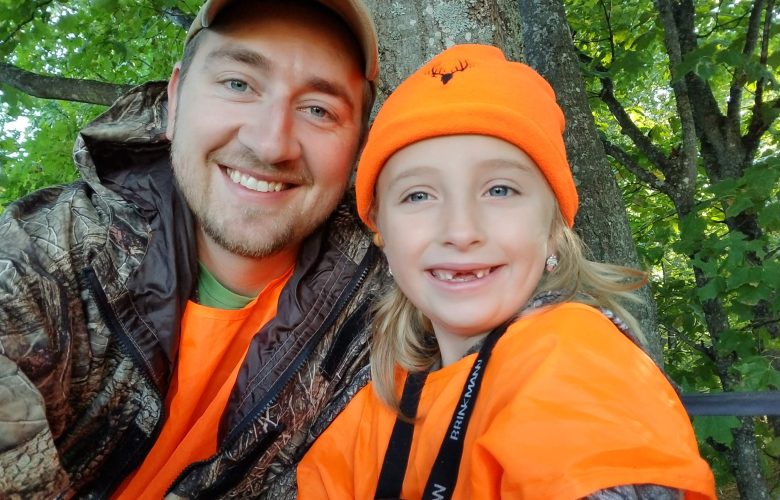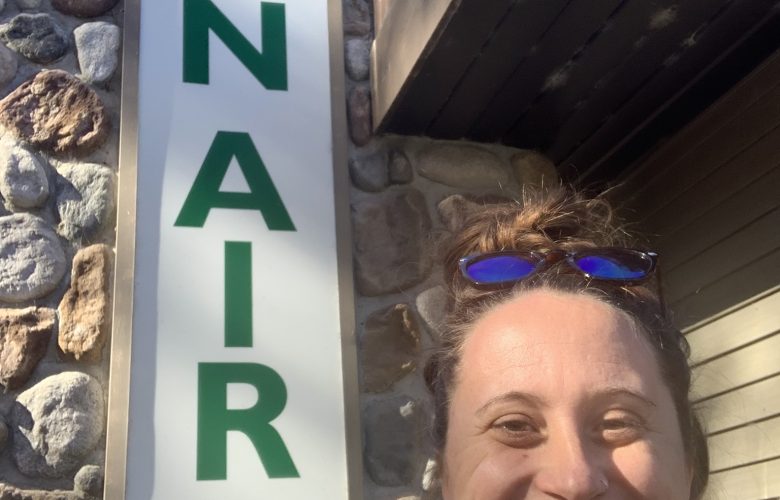Stories behind the names of Benzie County
By Samantha Graves
Current Contributor
In talking with the Benzie Area Historical Museum staff about the names of places like “Benzonia,” “Betsie,” and “Beulah,” the feeling quickly comes over you that they get asked these questions a lot.
Many visitors to this beautiful place have marveled over the meanings behind the names, and they are not alone—a name like Benzonia is as rich with possible interpretations as it is fun to say. And as it turns out, even we locals have not quite figured it all out, but hopefully this article will help you to make up your own mind as to what was the true meaning behind the names that the settlers chose.
To understand the likely intended meaning of a name, the name must first be put into historical, religious, and cultural context with the people who pinned the name to this place. For instance, at the time that the region was bestowed its many names, both Zonia and Beulah were semi-popular names for girls and may not have carried the unusual ring they do with the modern ear.
Additionally, it is important to remember that these names may have morphed as new dialects came into the area over time. Look, for example, at the name of our Great Lakes state—the Ojibwe for ‘large lake’ is mishigami, which was preserved, though altered slightly as European settlers arrived and adopted its use.
What’s in a name? Whether altered from another form or carrying with it some underlying story with heavy historical context, the names of places in Benzie County tell the stories of our people and this place.
Benzonia
The county name of “Benzie” is an abbreviated form of the longer “Benzonia,” a conjunction of two words with a very old origin in a far-away place. Though Benzonia could just as easily refer to the Latin ben zona for ‘good woman’ as it could the Hebrew ben Zion for ‘son’ of ‘Zion,’ neither is likely the intended meaning, and a whole myriad of interpretations exist in between. The traditional interpretation includes one variable meaning in Latin for ben, translated to a ‘high hill’ or ‘mountain,’ and zonia, or the Greek zona, meaning a ‘girdle.’ (For instance the cluster of stars that make up Orion’s belt are called the zona.)
These root words for the name Benzonia point to the devoutly religious men and women who settled here in the mid-19th century.
In 1858, a small group of families from Oberlin, Ohio, calling themselves the “Christian Colony,” arrived to establish an institution of learning on the shores of Lake Michigan. [See our article in this issue about the history of the Mills Community House, formerly the Benzonia Academy, founded by these Christians from Oberlin.] Charles Bailey and Dr. James Barr Walker—well known for their contributions to the region’s history—arrived as part of this group and are credited with the naming of the county. (It is important to note that the name also carried personal significance to Walker, whose adopted son’s name was James Benzonia Walker and whose grandson’s name was also James Benzonia Walker, though it was shortened to J. Ben to avoid confusion.)
Ties to faith are evident in the root origin of the name. It is likely that the high mountain ben refers to is the Temple Mount, a sacred place in Jerusalem for three of the world’s largest religions, while zonia, the girdle, is likely a reference to the security or steadfastness of the settlers’ religious convictions.
Those unfamiliar with these roots attribute the name Benzonia to a Greek-Latin hybrid meaning ‘the good air.’ Ben or bene, meaning ‘good,’ is perhaps a play on the name Zephyrus, a Greek deity and bringer of the cold north wind. A more appropriate translation might be ‘the good north wind.’
Benzonia is full of rolling high hills that girdled or protected settlements, and its location along the shores of the big lake lends credibility to each of these interpretations—it certainly would not be the first time that a name in Benzie has sparked meanings and stories outside of those intended.
The Betsie
While some may long for a hint of romantic folklore surrounding the name of the Betsie River, the only romance involved is perhaps that between a pair of sawbill ducks.
The name “Betsie” is actually derived from the direct translation of the word Unszigozbee, which is what local Native American tribes called ‘sawbill ducks,’ waterfowl common to this region’s waterways.
With the arrival of the French missionaries, Unszigozbee became Riviere Aux Bec Scies, which translates literally to ‘River of the Beak Saws.’ By the time that the English arrived, it was shortened to Bec Scies, which the English pronounced “Betsie.”
According to the Benzie County Courthouse website, our county was first named Unszigozbee County in 1863, but the name was later changed to Benzie County.
Beulah
Few people know that the original name of “Beulah” was “Crystal City.” Since the village is literally standing on a place that, up until 1878, was entirely under the lapping waves of beautiful Crystal Lake, the original name made sense as a city rising from the depths of Crystal Lake.
In 1878, Archibald Jones—a man who had, for the previous five years, heralded the need for a canal between Lake Michigan and Crystal Lake—opened the floodgates and unwittingly dropped the water level on Crystal Lake by more than 20 feet, exposing miles of new shoreline. This newly exposed land was flat and treeless, making it an ideal place for the railroad and for a future settlement.
Out of what seemed like a colossal engineering failure rose the Village of Beulah, renamed for its pristine beauty and countenance. The new name, according to the Benzie Area Historical Museum, means ‘a place that borders Heaven.’
Beulah is a Hebrew word that means ‘married,’ though it refers only to a woman who is married. It is also referenced in The Bible and in later literature as a place close to Heaven or Zion, and in John Bunyan’s Pilgrim’s Progress, it is ‘the promised land.’ All in all, the name seems a fitting tribute for the land that was newly discovered, right under the water.
The Good North Wind
Whatever name we give to these special places, the common theme is a reverence for this part of the world that we call home. The names reflect a resonance with the sacred that was held by those newcomers who gazed upon the hills rising up from Lake Michigan and felt the cool, clean air being carried from the north.
Interpretations may vary slightly, but the feeling of adoration is the one ‘girdled’ constant—and for those of us who live in and visit Benzie, it is not a far stretch to imagine this place as close of an idea of Heaven as we can get on this earth.
This article first published in The Betsie Current back in July 2015; because many of the topics related to items in this issue, we saw fit to run it again—we figured that most of you would not mind… if you even noticed.
Featured Photo Caption: The Betsie River gets its name from the sawbill ducks that frequent the area via an odd game of foreign-language telephone. Photo by Noah Sorensen.





Interesting article. Could you tell us the origin of the the name DEADSTREAM RD? Maybe there is more than what is obvious. Thank you!